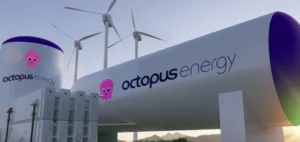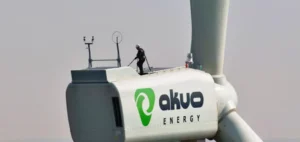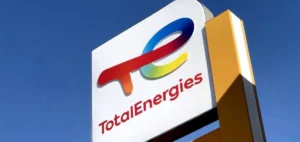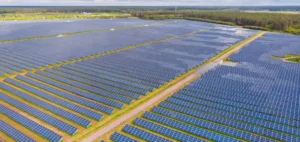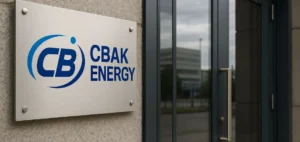ExxonMobil Corporation has confirmed the appointment of Matt Crocker as the new president of ExxonMobil Product Solutions Company, one of the group’s three core divisions, effective 1 May 2025. He will succeed Karen T. McKee, who is set to retire after 34 years with the company. The change also includes Crocker’s appointment as vice president of Exxon Mobil Corporation.
The company acknowledged the contributions of Karen McKee, who held several leadership roles within the Downstream (refining and distribution) and Chemical segments. She was appointed president of the Product Solutions division at its inception, following the group’s 2021 business reorganisation. Her departure aligns with a structured internal transition, officially endorsed by the board of directors.
A strategic career rooted in operations
Matt Crocker is currently serving as president of Global Business Solutions since 2023. He joined ExxonMobil in 1995 at the Fawley Refinery in the United Kingdom. His career progressed through multiple executive functions, notably within the Low Carbon Solutions, Upstream (exploration and production), and Product Solutions divisions. He also held operational roles at major ExxonMobil sites including Baytown and Baton Rouge in the United States, as well as Fawley in the United Kingdom.
This appointment reflects the group’s ongoing internal mobility strategy aimed at aligning leadership profiles with key segments of ExxonMobil’s strategic growth, particularly in high-value industrial product solutions.
Maintaining course within integrated operations
The Product Solutions division, which Crocker will lead, consolidates ExxonMobil’s chemical, fuels and lubricants activities. It represents a central component of the group’s integrated structure alongside the Upstream and Low Carbon Solutions branches. The division plays a pivotal role in ensuring the group’s competitiveness across global refined and petrochemical product markets.
ExxonMobil has stated that the leadership transition will not impact operational priorities or existing development plans, particularly those focused on optimising current assets and managing supply chains in an evolving global energy context.


